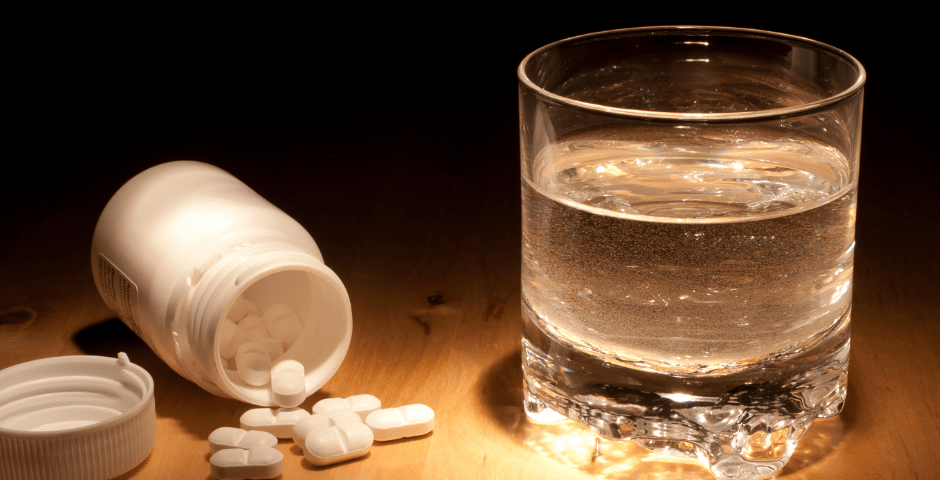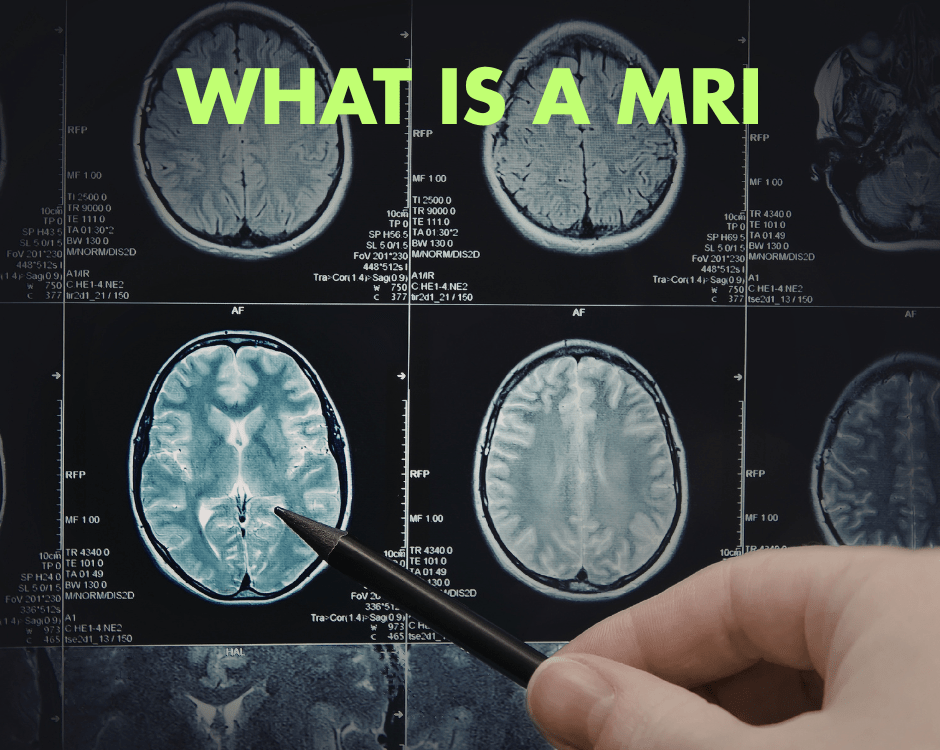Acetaminophen Toxicity

What is the Right Kids Helmet for TBI Reduction?
April 20, 2024
Poison Ivy- What is True?
April 29, 2024
Acetaminophen Toxicity
Acetaminophen (Tylenol), also known as paracetamol, is a common over-the-counter pain and fever reliever. While its exact mechanism of action is not fully understood, it is believed to work mainly by inhibiting the production of certain chemicals in the brain called prostaglandins. Prostaglandins are involved in the transmission of pain signals and body temperature regulation. Dr. Deryk Harting, a member of one of the highest rated auto injury medical care teams, Chambers Medical Group of Tampa Bay, discusses acetaminophen and the dangers of overdosing on this medication.
By inhibiting prostaglandin production, acetaminophen can help reduce pain and lower fever. Unlike nonsteroidal anti-inflammatory drugs (NSAIDs) such as aspirin or ibuprofen, acetaminophen does not have significant anti-inflammatory effects, so it is generally not as effective for reducing inflammation. Acetaminophen also tends to be a preferred choice in children due to aspirin’s link with Reye’s Syndrome.
Acetaminophen is commonly used to relieve mild to moderate pain from headaches, muscle aches, fevers, menstrual periods, flu, chickenpox, toothaches, joint pain, and colds. It is normally considered safe when taken as directed, but excessive doses can lead to liver damage and buildup of toxins. It is important to follow dosage instructions carefully and avoid combining it with other medications that contain acetaminophen.
Acetaminophen toxicity (acetaminophen overdose or acetaminophen poisoning) occurs when someone takes too much of the medication leading to potential liver damage or failure. There are approximately 50,000 ER visits per year related to acetaminophen toxicity. Acetaminophen is usually safe at recommended doses, but excessive amounts can overwhelm the liver’s ability to metabolize it safely, leading to the production of toxic byproducts. Toddlers and infants are at a higher risk of accidental overdose due to their inability to communicate symptoms and their smaller body mass. Even small overdoses or taking recommended doses too long can cause liver damage.
The symptoms of acetaminophen toxicity can vary depending on the amount ingested and the individual’s health status. In early stages, there may be few or no symptoms. However, as toxicity levels rise, symptoms may include:
- Nausea and vomiting
- Loss of appetite
- Abdominal pain, particularly in the upper right quadrant
- Jaundice (yellowing of the skin and eyes)
- Confusion or altered mental status
- Dark or bloody urine
- Difficulty breathing
- Sweating
- Coma
- Seizures
- Unconsciousness
Acetaminophen poisoning/overdose is a medical emergency and requires immediate attention. If you suspect someone has overdosed on acetaminophen, it is crucial to seek medical help as soon as possible. Young children may not be able to communicate symptoms of acetaminophen overdose, such as nausea, abdominal pain, and lethargy. This can delay treatment and exacerbate the situation. Treatments may involve administering activated charcoal to help absorb the acetaminophen, as well as medications to prevent further absorption. In severe cases, emergency medical procedures such as stomach pumping (gastric lavage) or the use of an antidote called N-acetylcysteine (NAC) may be necessary to prevent or minimize liver damage. Early detection and intervention are critical for better outcomes.
To prevent acetaminophen toxicity always adhere to the recommended dosage instructions provided on the medications packaging or as directed by a healthcare professional. Be careful when taking multiple medications to ensure you are not accidentally consuming acetaminophen from different sources. Many over-the-counter cold and flu medications contain acetaminophen. Always use appropriate measuring devices such as oral syringes or dose cups, rather than spoons, to accurately measure liquid acetaminophen. Consult with your doctor before combining acetaminophen with other medications, especially prescription medications. Keep acetaminophen and other medications out of reach of children and pets, ideally in a locked cabinet or high shelf. If you require long-term pain management, discuss alternative treatment options with your doctor to avoid prolonged use of acetaminophen.
— This article is written by Deryk Harting, DC, one of the members of Chambers Medical Group’s team of car accident chiropractors who offer a variety of treatments and therapies ranging from diagnostic testing to various soft tissue therapies for car accidents and injuries in Florida.
- Car Accident Medical Clinic in Tampa
- Car Accident Medical Clinic in Plant City
- Car Accident Medical Clinic in Brandon
- Car Accident Medical Clinic in Lakeland
- Car Accident Medical Clinic in Sarasota
- Car Accident Medical Clinic in Louisville
- Car Accident Medical Clinic in Lexington
- Car Accident Medical Clinic in Florence




